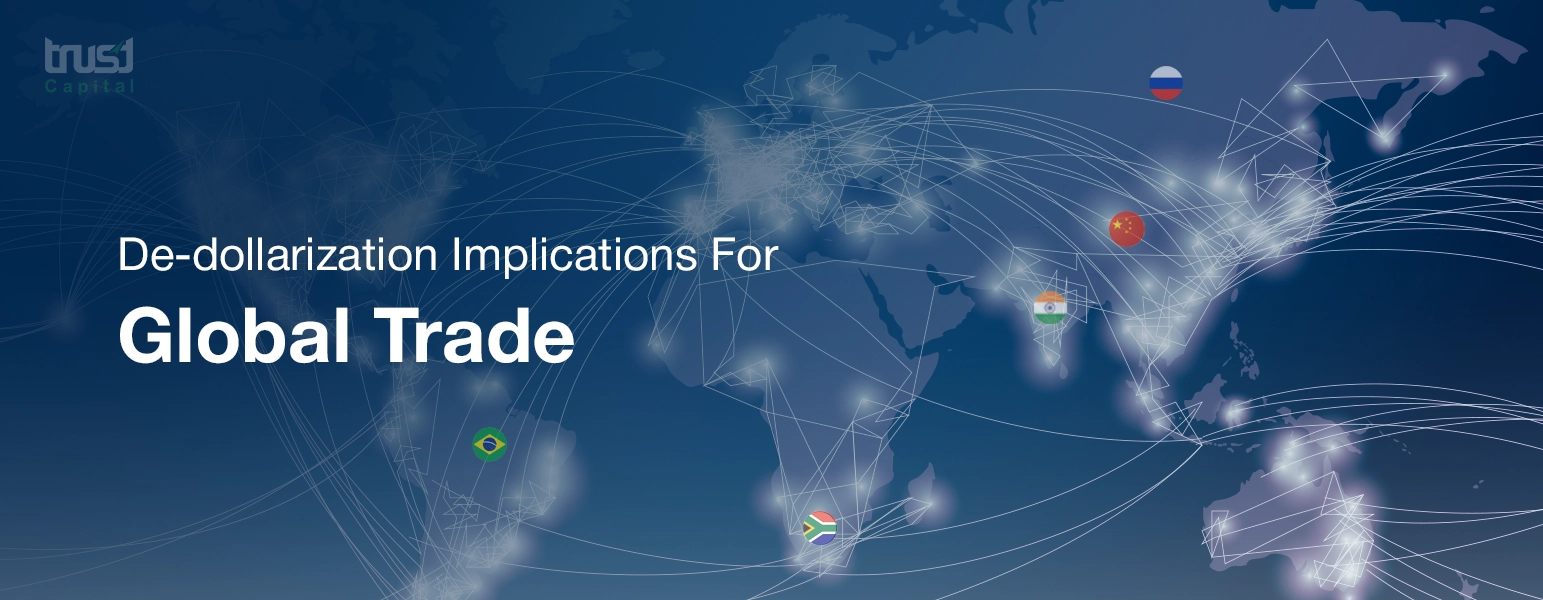Can Emerging Economies Challenge U.S. Currency Dominance

For decades, the U.S. Dollar has been the cornerstone of the global financial system, acting as the world’s primary reserve currency and the key settlement unit for international trade. However, in 2025, the BRICS bloc—Brazil, Russia, India, China, and South Africa, now joined by other emerging economies—is intensifying efforts to reshape this dominance. With discussions around a BRICS currency and expanding cooperation, questions arise: Can the dollar’s supremacy truly be challenged?
BRICS Currency Outlook 2025
The idea of a unified BRICS currency has gained traction as member nations push for alternatives to the dollar in cross-border trade. While a fully-fledged common currency remains a long-term project, 2025 is expected to bring further experiments with settlement in local currencies and possibly a digital BRICS settlement system. Such initiatives aim to reduce dependency on the U.S. Dollar, particularly in energy and commodity markets.
BRICS Economic Trends 2025

The bloc collectively accounts for over 40% of the world’s population and a rising share of global GDP. Top BRICS economic indicators suggest robust growth in infrastructure investment, energy cooperation, and technology-driven projects. BRICS financial innovations, such as central bank digital currencies (CBDCs) and blockchain-based trade systems, could provide momentum for regional trade independence.
BRICS Geopolitical Impact
The growing push for de-dollarization in the global economy is not just economic but deeply geopolitical. The U.S. has long used the sanctioning power of the dollar as a strategic tool, cutting adversaries off from the global financial system. By building alternative payment systems and promoting new global trade routes, BRICS aims to limit exposure to U.S.-led restrictions. This shift could rebalance geopolitical influence, giving emerging economies more bargaining power in international institutions.
De-dollarization and Global Trade

De-dollarization implications for global trade are significant. If more countries choose to settle trade in local currencies or through a BRICS-based system, demand for U.S. Dollars in reserves could weaken. While a full global reserve currency shifts away from the dollar is unlikely in the near term, gradual diversification into the Chinese yuan, gold, and other assets is already visible. The yuan’s internationalization in 2025 is expected to accelerate, supported by China’s strong trade links and digital yuan initiatives.


